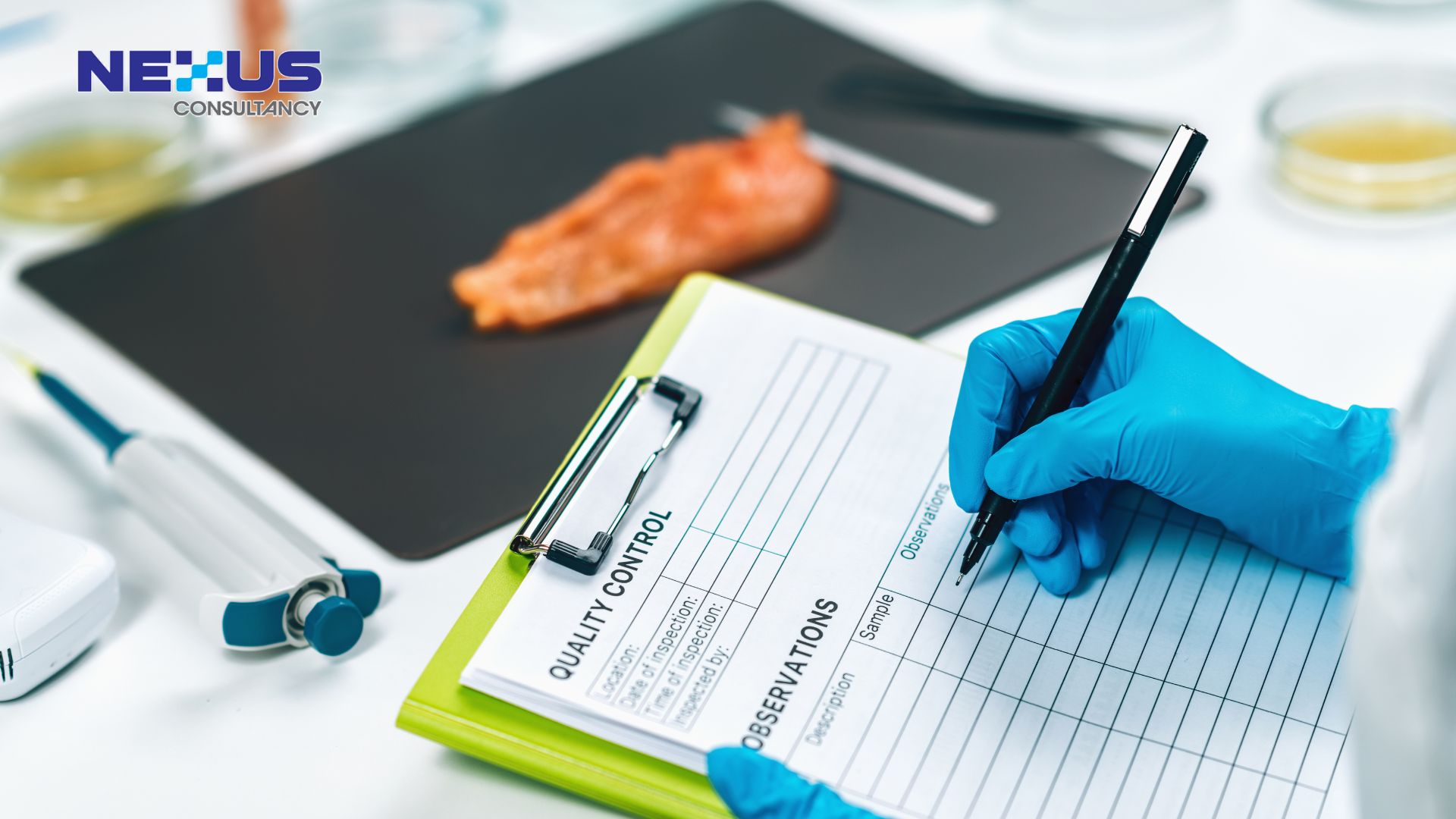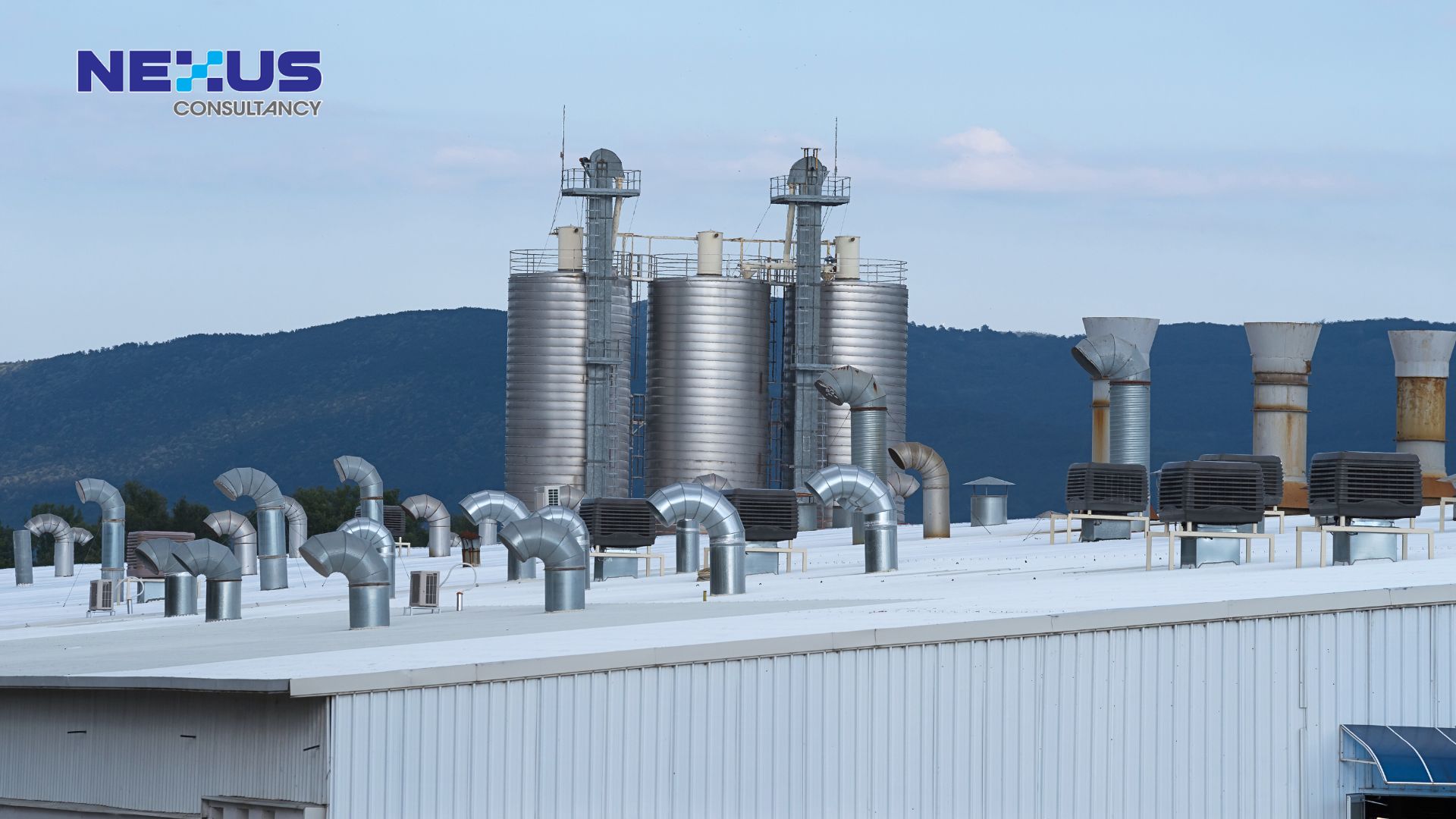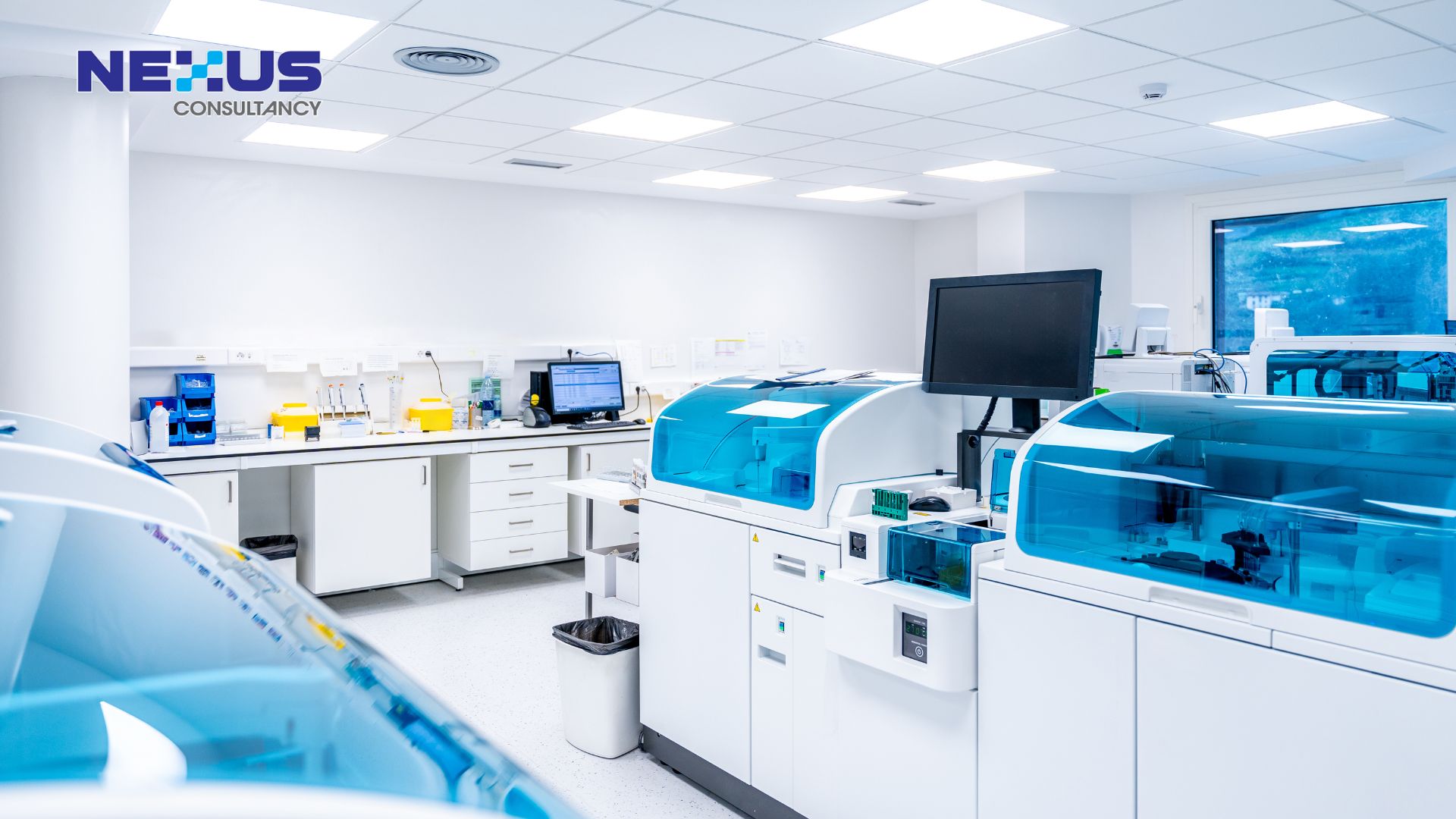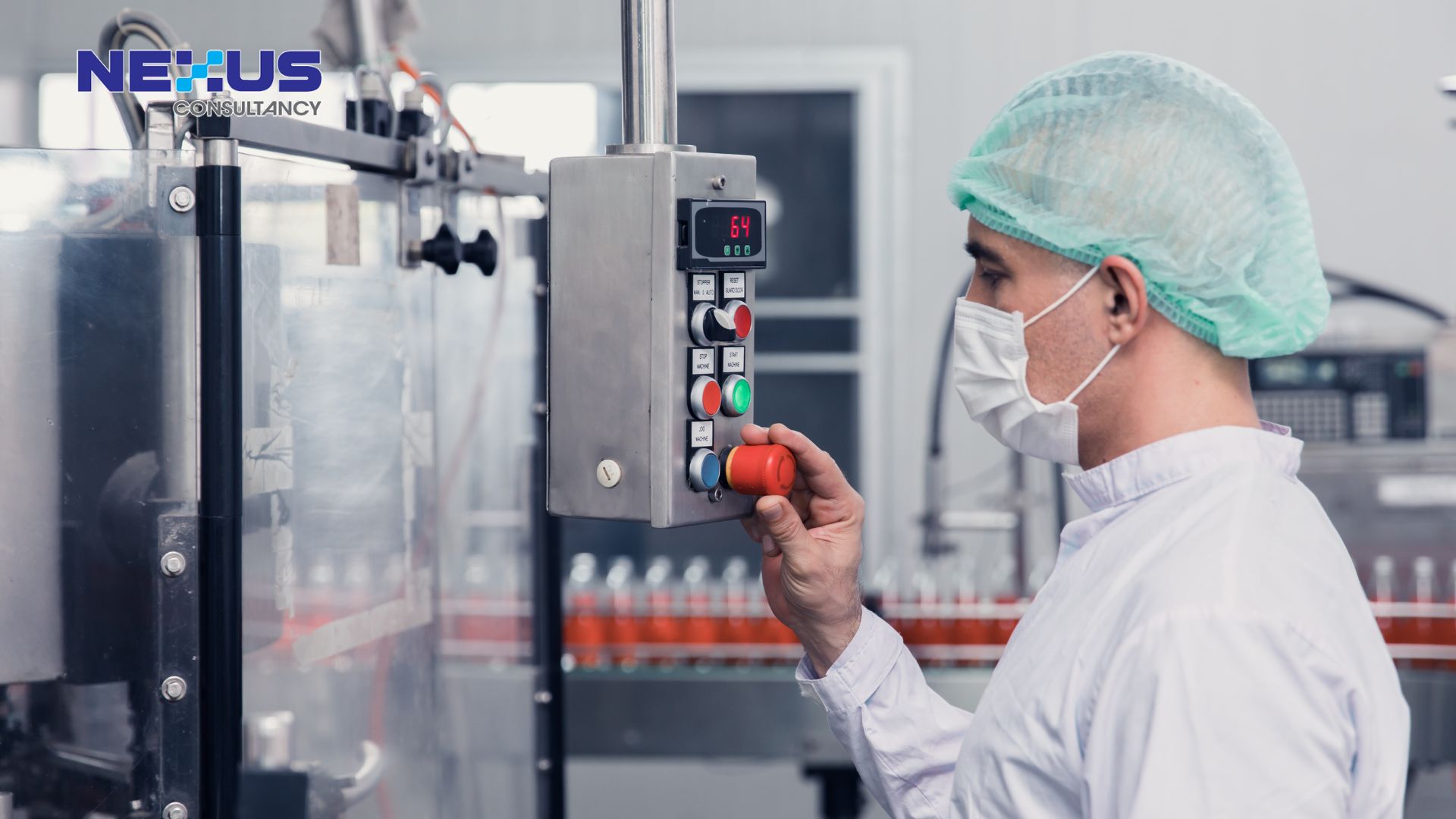
Danielle Tan
Chief Operating Officer
The ISO 14064-1 standard provides guidelines for organizations to quantify, monitor, and report greenhouse gas emissions and removals. This aims to explain the purpose and scope of ISO 14064-1, helping readers understand its importance in greenhouse gas reporting and environmental management.
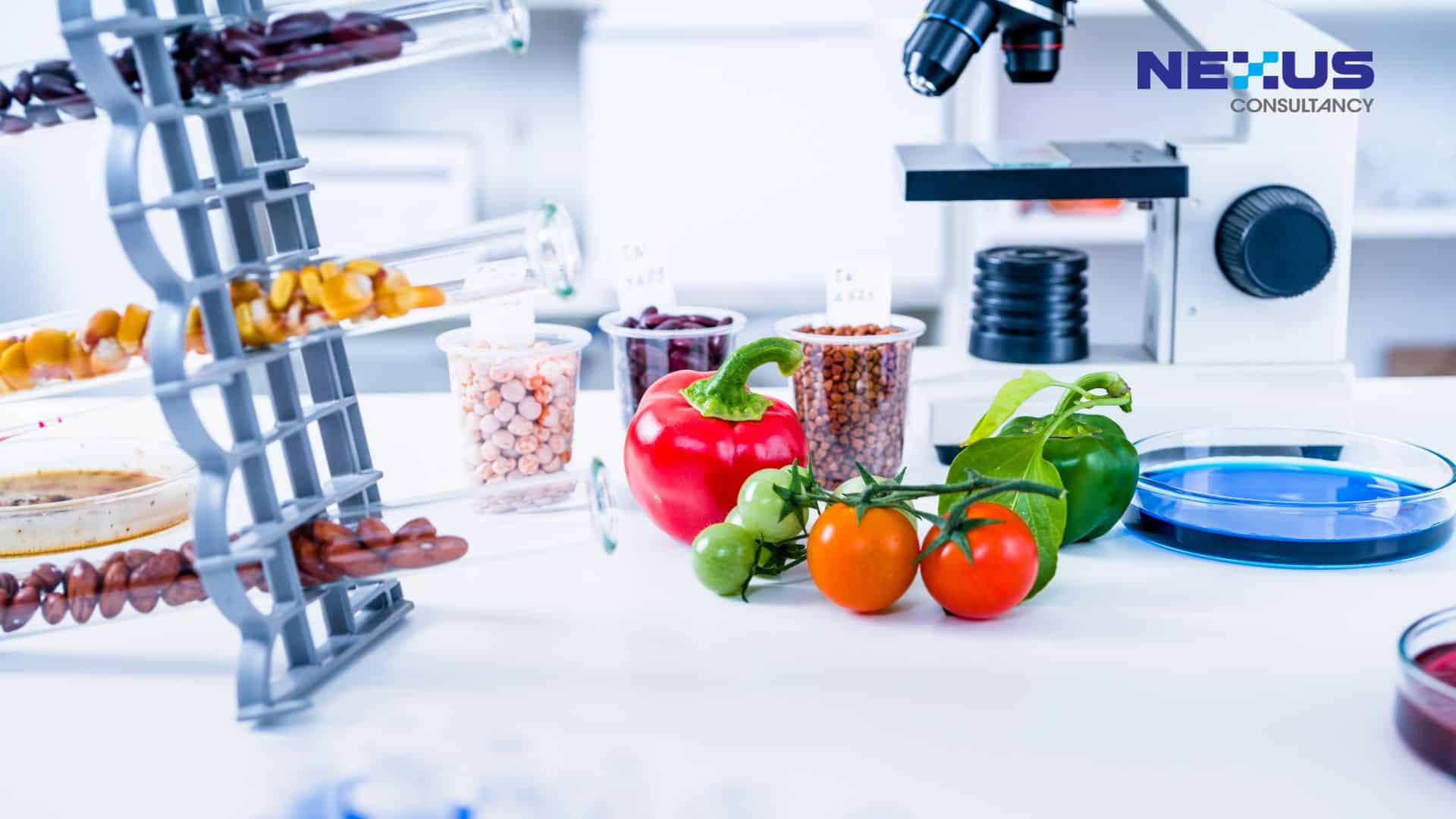
In a world where food crosses border, goes through many hands, and goes through different stages of processing before hitting our plates, it is very important to make sure that the food supply chain is safe and reliable. Food defense, which has been getting more and more attention in recent years, is a very important part of keeping our food supply chain safe. In this piece, we’ll talk about what food defense is, why it’s important, and how it protects both consumers and the food industry around the world.
What is Food Defense?
The term “food defense” refers to the practice of securing the food supply chain against malicious attempts to alter or poison it. Instead of concentrating on preventing accidental contamination, as is the case with food safety, the goal of food defense is to prevent intentional acts of harm, such as sabotage, terrorism, or economically motivated adulteration, from occurring to the food supply. Consequences of these deliberate actions on public health, the economy, and consumer confidence in the food business can be devastating.
Important of Food Defense in the Food Supply Chain
1. Public Health Protection: The safety of the general population should be everyone’s first concern, making food security a top priority. It is possible to cause widespread illness, damage, and death through intentional contamination of the food supply. We can drastically lower the potential for such catastrophes by taking strong food defense measures
2. Economic Stability: The food business is one of the most important parts of the world economy because it helps create jobs, trade, and economic growth. A good food defense program helps keep the economy stable by stopping intentional contamination events from causing problems. When food is contaminated and has to be taken off the market or recalled, producers and distributors can lose a lot of money.
3. Consumer Trust and Confidence: Consumers care most about how safe and good their food is. Any intentional contamination can make people less likely to trust the food business. Food defense measures show that a company cares about making sure its goods are safe, which helps keep customers coming back.
4. Legal and Regulatory Compliance: Many countries and areas have passed laws and rules that require food defense programs to be put in place. If you don’t follow the rules, you could be fined or punished by the law. Because of this, it is very important for food companies to follow these rules.
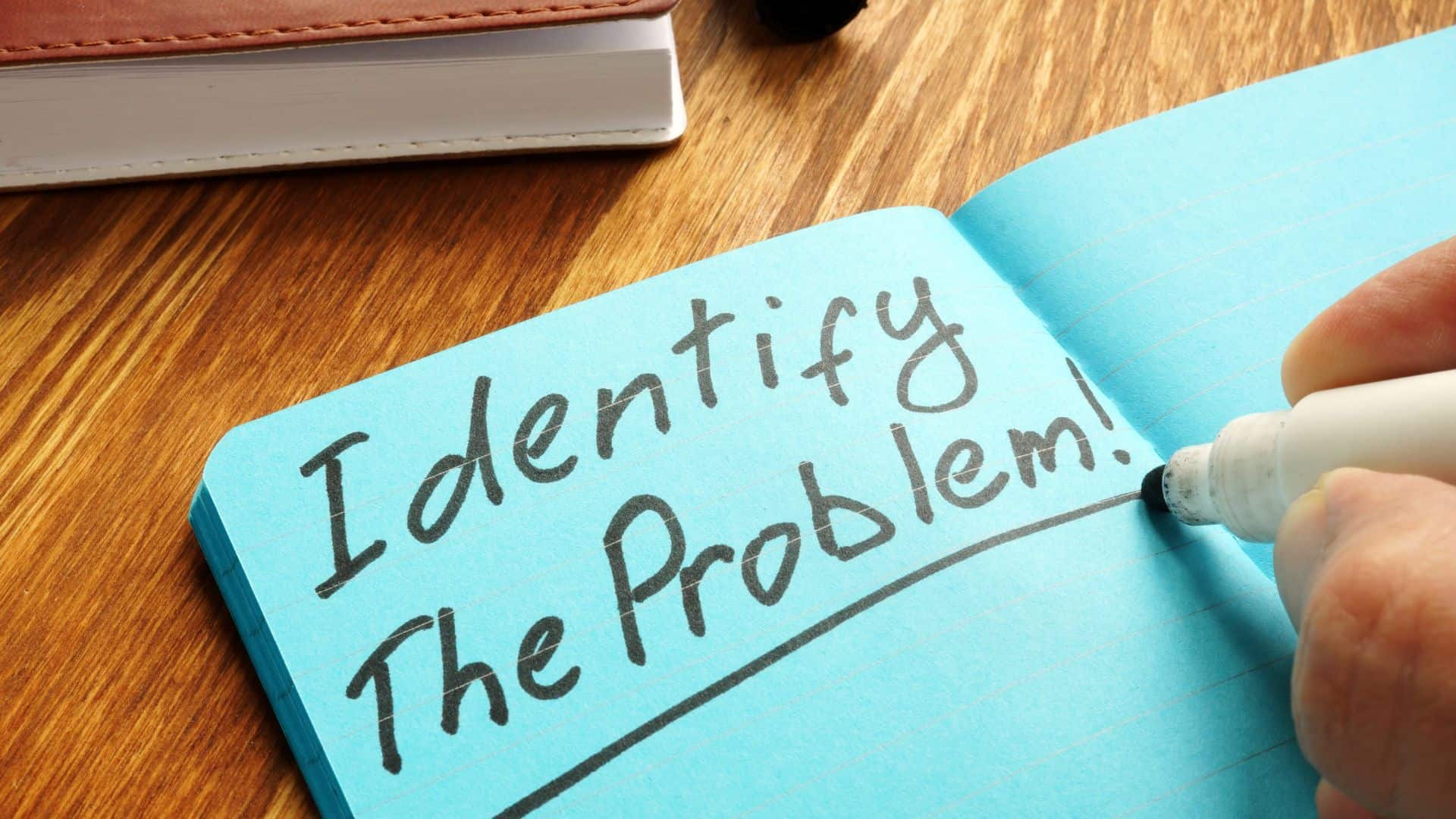
Several notable incidents in recent years have underscored the importance of food defense. In the wake of the 2001 anthrax attacks in the United States, there was heightened concern about the potential for biological contamination of the food supply. This led to increased focus on food defense measures, including enhanced security at food processing facilities. Another incident was the melamine contamination in China in 2008. The contamination of infant formula with melamine in China resulted in the hospitalization of thousands of infants and several deaths. This incident highlighted the need for more stringent food defense measures to prevent economically motivated adulteration.
To establish an effective food defense program, several key components should be considered:
#1. Threat Assessment
Find food supply chain vulnerabilities (weaknesses) and evaluate possible threats to it. By doing a thorough threat assessment, organizations can figure out which areas need more security steps and in what order.
#2. Physical Security
Implement security measures to protect facilities, equipment, and transportation systems from unauthorized access. This includes access control, surveillance, and perimeter security.

#3. Personnel Training
Ensure that employees are trained to recognize and report suspicious activities or behaviors. Effective training programs can be instrumental in preventing insider threats.
#4. Supplier and Vendor Management
Extend food defense measures to suppliers and vendors within the supply chain. Assess their security practices and ensure they adhere to the same standards.

#5. Crisis Management and Response Plans
Develop robust crisis management and response plans that outline how the organization will react in the event of a food defense incident. Timely and coordinated responses can mitigate the impact of such incidents.
#6. Continuous Monitoring and Evaluation
Regularly assess and update food defense measures to adapt to evolving threats and vulnerabilities. Continuous improvement is essential in maintaining a strong defense.
Conclusion
Food defense is an important part of the food supply chain of today. It’s not just about protecting products; it’s also about protecting the public’s health, the economy, and customer trust. By putting in place thorough food defense programs, organizations can reduce the chance of food being tampered with on purpose, making sure that the food we all depend on is safe and intact. Food defense is very important in a world where there are always threats to the food supply.
To learn more about food safety culture, contact us to know more

